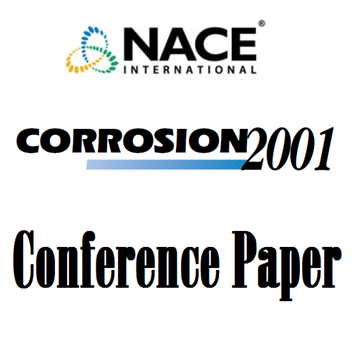Search
51314-3757-Testing Continuous Biocide Injection in a Seawater Injection Scenario
Also Purchased
51315-5457-Co-Effect of Production Chemicals for Biocide Optimization in Different Types of Injection Water
Product Number:
51315-5457-SG
ISBN:
5457 2015 CP
Publication Date:
2015
$0.00
01010 CORROSION MONITORING AND CONTROL OF SEAWATER INJECTION SYSTEMS USING AN EXPERT SYSTEM APPROACH
Product Number:
51300-01010-SG
ISBN:
01010 2001 CP
Publication Date:
2001
$20.00
Comprehensive Approach to Oxygen Corrosion Analysis of Water Injection Systems
Product Number:
51315-5962-SG
ISBN:
5962 2015 CP
Publication Date:
2015
$0.00




